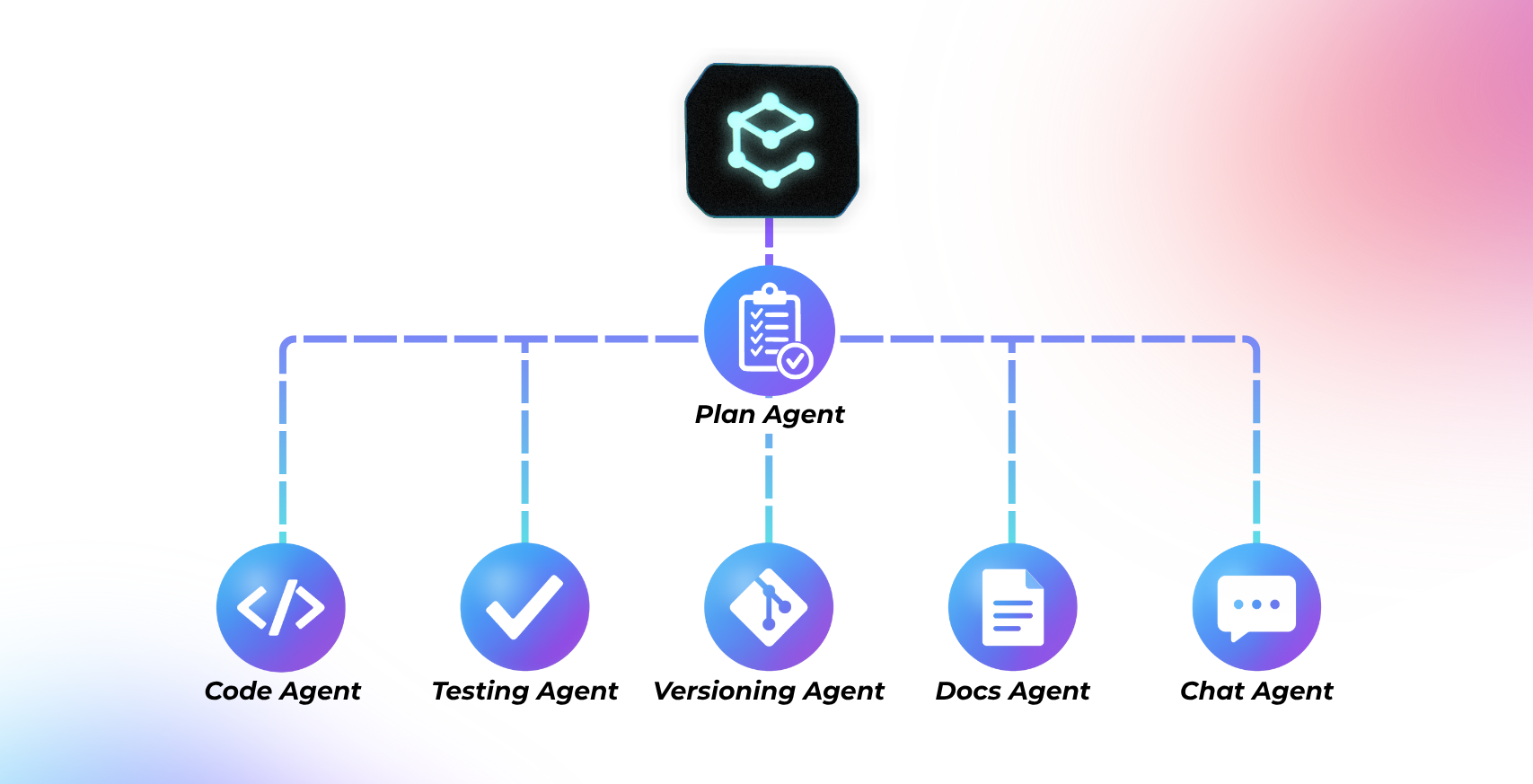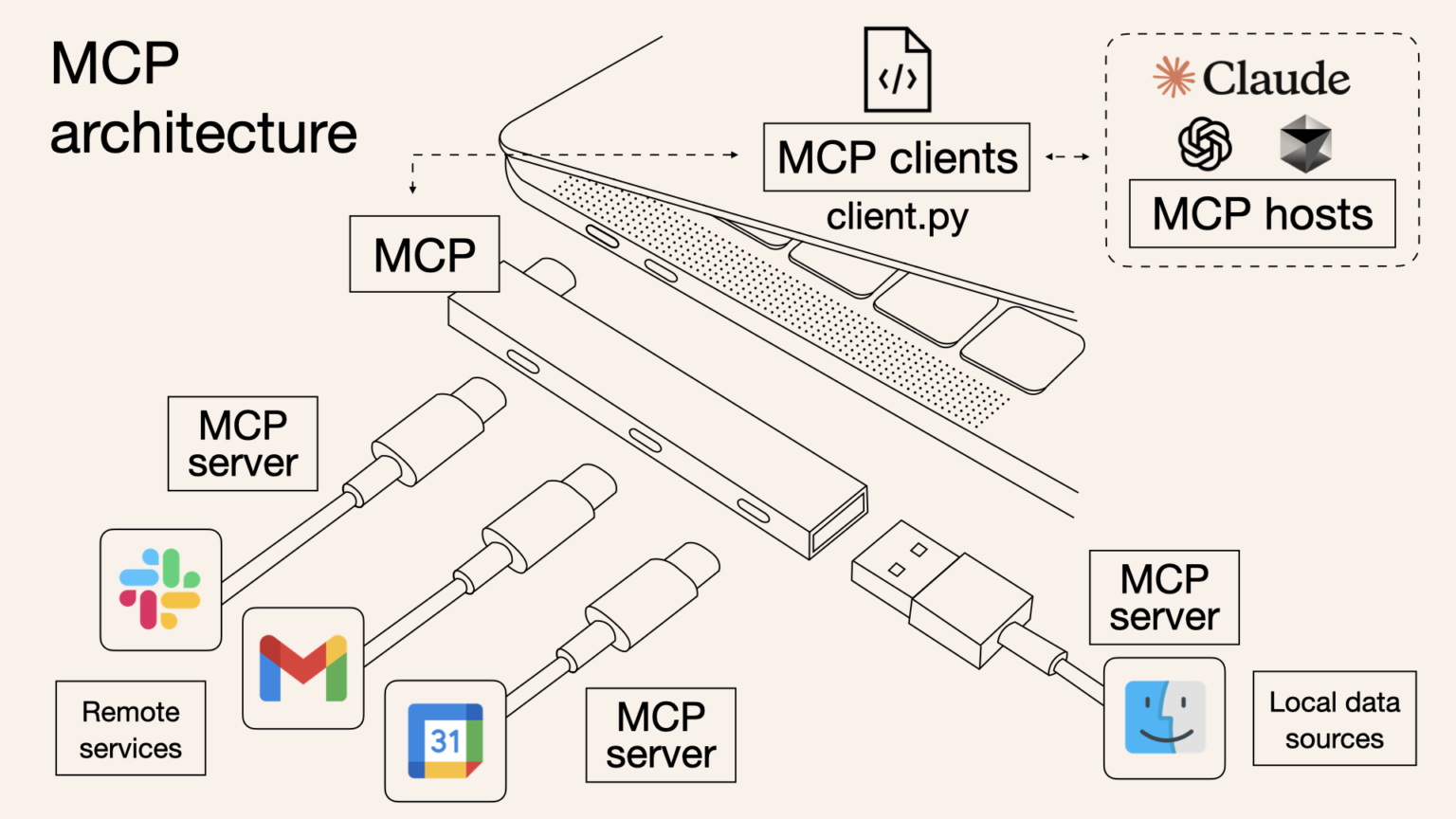Introduction
Welcome to Dispersl – where multiple AI agents collaborate seamlessly to build, test, and ship software. Gone are the days when a single LLM struggled to manage the full software development lifecycle (SDLC). With Dispersl’s multi-agent workflows, the right specialist steps in at each phase, from planning to deployment, supercharging productivity and code quality.
The State of Coding Today
Software teams face ever-increasing complexity: microservices, distributed systems, and continuous delivery pipelines. Traditional monolithic LLM assistants can generate snippets, but struggle with large-scale orchestration and context maintenance. Dispersl fills the gap by breaking down the SDLC into specialized roles and enabling agents to hand off work effectively—no more context overload or lost state.
Multi-Agent Workflows: The Future of Development
At the core of Dispersl is our multi-agent workflow engine. Instead of one model trying to juggle planning, coding, testing, and documentation, Dispersl spins up dedicated agents:
- Planning Agent: Generates plans and steps to be taken by the different agents
- Coding Agent: Writes, refactors and scales code
- Test Agent: Creates and runs unit, integration, and end-to-end tests
- Versioning Agent: Stores code edits on Git and ensures that changes are tracked
- Docs Agent: Produces detailed developer docs and API references
- Chat Agent: Answers any question about ongoing tasks and gives detailed deep-dives into the code
Each agent focuses on a single concern, handing off artifacts to the next stage—resulting in a smooth, pipeline-style development process.

Meet MCP (Model Context Protocol)
Model Context Protocol (MCP) is an open standard introduced by Anthropic in November 2024 to establish a unified, structured interface for AI agents and external systems. Imagine MCP as the "universal connector" that standardizes how agents exchange context and invoke tools, empowering seamless collaboration across diverse services via JSON-RPC 2.0 calls.

Key benefits of embedding MCP in Dispersl:
- Universal Connectivity: Agents discover and invoke services—CI/CD pipelines, code repos, test runners—through a single protocol.
- Rich Shared Context: MCP transports detailed metadata (mission intents, parameter schemas, execution history), ensuring each agent has full situational awareness.
- Security & Auditing: Built-in authentication, permissions, and audit logs deliver enterprise-grade governance over every tool call.
Within Dispersl’s orchestration layer:
- Every agent (Planning, Coding, Testing, Docs) acts as an MCP client, requesting context and executing tasks via MCP.
- The MCP server exposes project services—repositories, build systems, documentation generators—as standardized endpoints.
- MCP ensures consistent state propagation: agents inherit pull request status, test results, API schemas, and more, while managing serialization, dependency resolution, and error recovery.
By standardizing interactions through the Model Context Protocol, Dispersl achieves deep interoperability, robust context-sharing, and secure collaboration—empowering AI agents to work together seamlessly at scale.
Multi-LLM Integrations: Tapping into Diverse Expertise
Not all LLMs are created equal. Some excel at creative prose, others at code synthesis, and a few at knowledge retrieval. Dispersl’s plugin-style architecture lets you integrate multiple LLM providers simultaneously:
- Routing code generation to models optimized for developer workflows
- Using retrieval-augmented models for spec and docs generation
- Leveraging domain-specific LLMs for security or performance insights
This “best-model-for-the-job” approach ensures each agent uses the ideal engine for its task.
Putting It All Together
Imagine shipping features in hours instead of days: your Planning Agent drafts tickets, the Coding Agent writes the feature, the Test Agent validates it, and the Docs Agent publishes references—all in one continuous pipeline. MCP keeps everything in sync, and multi-LLM integrations guarantee top-tier outputs at each step.
Conclusion
Dispersl’s multi-agentic LLM platform represents a paradigm shift in software development. By leveraging specialized agents, orchestrated by MCP, and powered by the best LLMs for each task, you’ll accelerate delivery, improve quality, and empower your team to focus on what truly matters: building great software.
Ready to supercharge your dev pipeline? Get started with Dispersl today and embrace the future of collaborative AI development.



